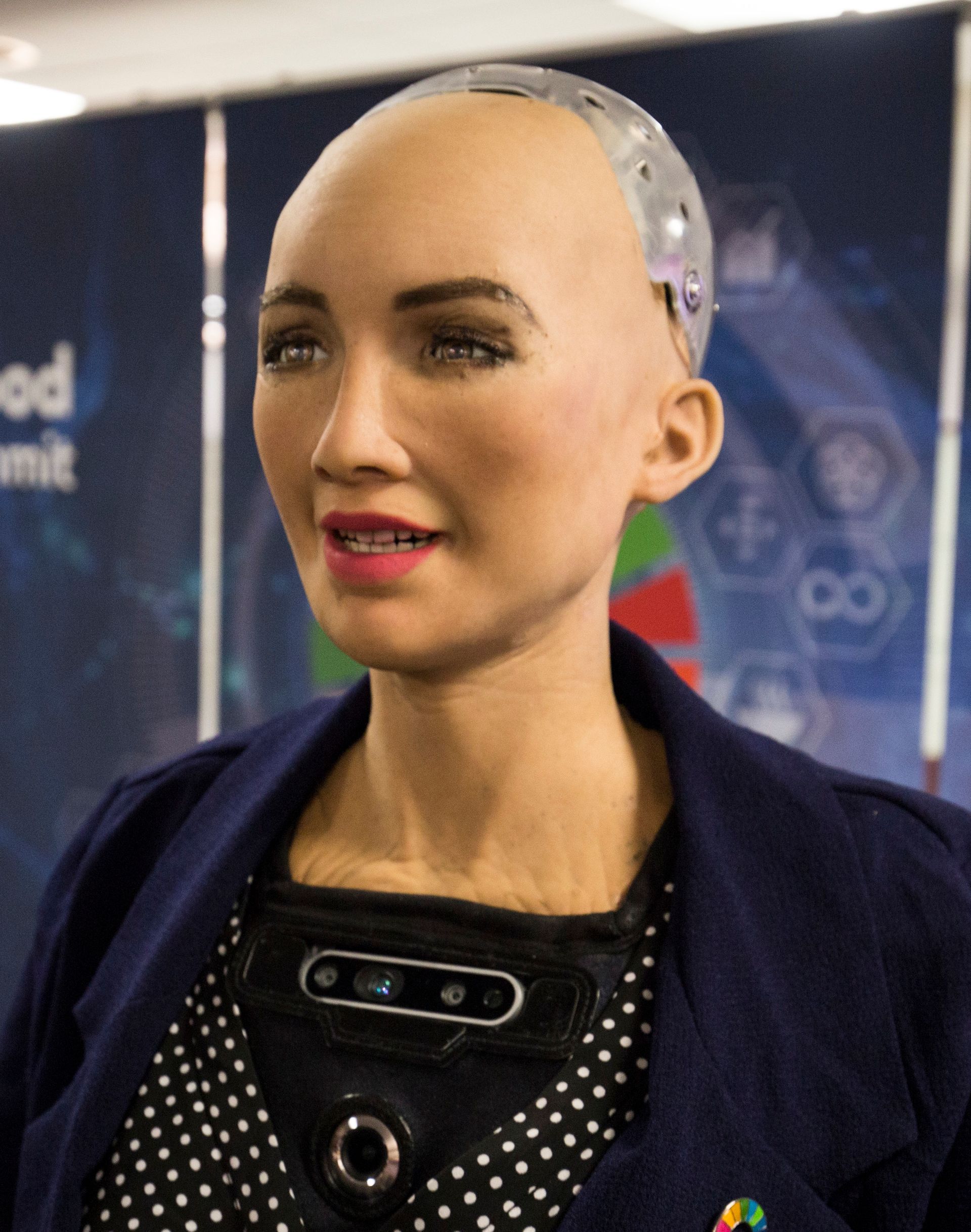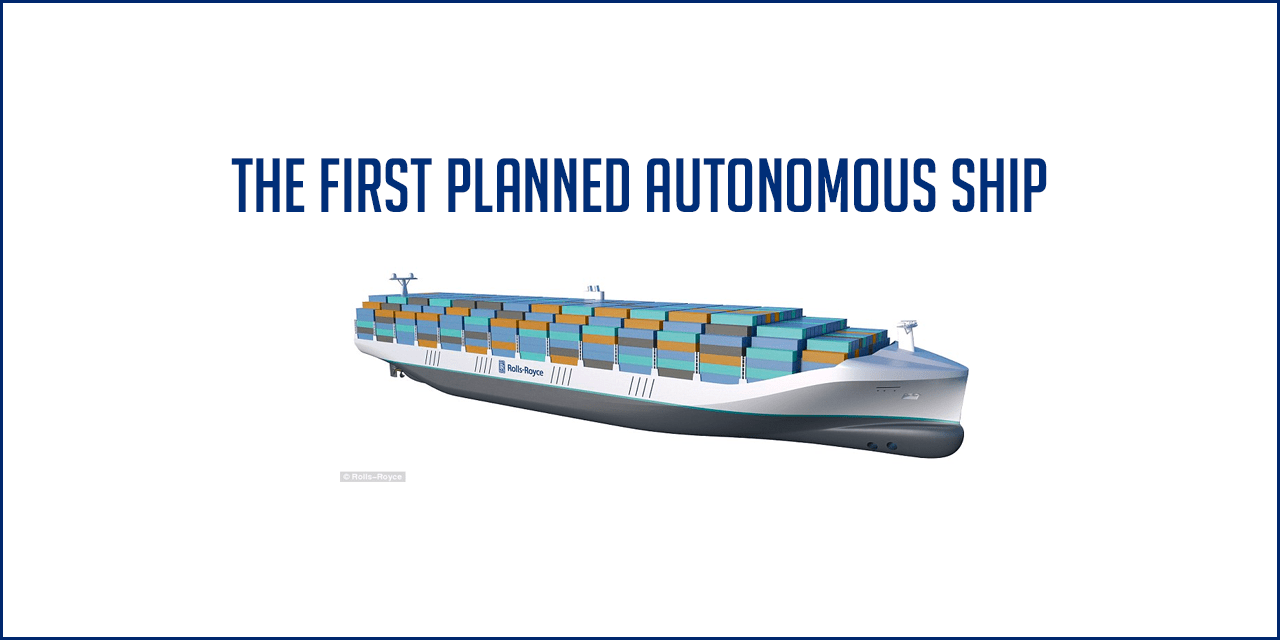Blog
The Growth of Robotics Careers in the Modern Economy
**This post is derived from recently updated content in our AI and Mobile Robotics Course**
Growth
Sophia, an intelligent humanoid robot, has been granted citizenship in Saudi Arabia. It’s the first country in the world to give a bot the same status reserved for humans.
The explosive growth of technology in our society and economy has shifted how we work, and it has created jobs that didn’t exist just a few years ago. Technologies such as the Internet of Things, 3D Printing, sensing and data analytics, and machine learning and artificial intelligence (AI) have created entirely new automation fields. We rely heavily on these fields for our everyday lives, whether we realize it or not – and b ecause of this shift, today’s workers need to have the skills required to meet these job roles. One of the areas that has seen the most worldwide growth is robotics, and the most influential companies, such as Amazon, are actively seeking talent that know how robotics systems work. In fact, a study of job listings that Amazon posted from 2014 to 2018 found a 30x increase in the word “robotics” appearing in job titles. Additionally, the number of job titles with the word “technologist” increase by 91.3%.
It’s clear that automated systems are here to stay, and we need our labor force to reflect this global shift. As youth explore possible future pathways, they must be made aware of the tremendous potential of engineering careers in the robotics field. In 2015, the National Robotics Education Foundation conducted a poll of 200 corporate executives regarding future job growth, and 81% of the respondents said that robotics is the top area for job growth in the U.S. This number has likely increased in the four years since then as robotics have come to play an even larger role in the U.S. economy.
In the first nine months of 2017, there were over 27,000 orders placed for robots – more than ever before. These orders totaled $1.473 billion, a growth of 14% in units and 10% in dollars compared to the first nine months of the previous year. Much of this growth has been in the area of collaborative robots (often referred to as cobots), which are robots specifically designed for direct one-on-one interaction with humans within a defined collaborative workspace. According to BIS Research, the collaborative-robot market is expected to grow to approximately $2 billion and 150,000 units by 2021 .
In 2019, we saw the first intelligent robot granted citizenship in the world.
Global Growth in Robotics
This growth is not limited to the U.S., however. The Middle East and Europe are also experiencing enormous growth in robotics. In the Middle East, there has been a recent surge in companies adopting robots for various uses. Industries including healthcare, hospitality, government, shipping, manufacturing, banking, energy and utilities, retail, education, and security have deployed robotics and AI into existing IT systems to improve operations and better serve customers. In fact, a study by PwC Middle East estimated that the AI market in the Middle East could reach $320bn by 2030 . One example o f the primary drivers of this growth will be humanoid robots, which are valuable because they can interact with the general public, welcome customers, make recommendations, get customer feedback, and analyze customer buying patterns.
Google and Rolls Royce Partner on Autonomous Shippiing https://www.morethanshipping.com/google-and-rolls-royce-partnering-up-to-create-autonomous-drone-vessels/
In Europe, robotics are already a key driver in large-scale manufacturing industries as well as service industries such as agriculture, healthcare, security and transportation. Robotics in Europe currently comprise 32% of the global market, and that number is expected to grow.
Careers in Robotics
Companies are in need of qualified and talented robot technicians who build, install, set up, and maintain robots for a variety of uses. Like any career in technology, there will be needs for positions to be filled ranging from entry-level to advanced levels. High school students with experience working on robotics courses can pursue further training at a vocational school or community college , which positions them well for a career in the field. Upon hiring, many companies offer further training on specific robot systems and how they relate to the company.
Tesla Self Driving Car
Companies also are in need of mechanical and electrical engineers who specialize in robotics, designing and developing the systems that companies rely on. This engineering expertise is crucial in developing the AI and software necessary to support the robots. These positions require schooling and training beyond high school, vocational school and community college, and those interested should expect to spend 4-5 years obtaining a bachelor’s (and possibly master’s) degree studying engineering fields such as mechanical and electrical.
Future Trends in Robotics
Each day, robotics and AI become more integrated into our daily lives. The news is filled with stories about autonomous cars under development that could drive us around in total safety and comfort. The trend is for continued growth for autonomous agricultural systems, smart electrical grids, unmanned flying ambulances, surgical cobots, and autonomous cargo ships – the list seems never-ending.
The global market for robotics will continue to rapidly expand, and there will be a serious need for people trained in these systems. Amazon, which is one of the fastest-growing global companies and largest users of robots in the world, plans to spend $700 million retraining one-third of its workforce by 2025. This is a reflection of dramatic shifts in the global economy due to technological advances such as AI and robotics.
The AI market is expected to grow from $3.49 billion in 2018 to $12.36 billion by 2023, at a CAGR of 28.78% between 2018 and 2023. With robots becoming the number one automated labor source, students should be encouraged to explore engineering and robotics fields for a career path that is sure to continue growing. As technology leaders, students may one day be required to make strategic choices about what AI or robot technology to deploy for a company or country, or even create the next generation of technology to solve the world’s problems and help get us through a crisis.
About this Blog Post
As you may know, I wrote our first AI and Mobile Robotics Course (link to our course) in 2004. We are constantly updating our courses, and this blog post and others capture just some of what we are constantly learning and experiencing.
Since then, we have updated and grown the course, which is currently in its fifth generation. What has been amazing about this journey is how rapidly the world of autonomous systems and AI has changed. I have been working with robots since 1989, and the amount of change in the past 5-10 years makes my head spin. At one time I programmed a robot to chase my then 4-year-old son around our offices. At that time I could not have guessed how quickly robotics and AI would grow. We are truly blessed to be living in these exciting times.
Read More: Is AI and Robotics a Good Career Choice?
Get in touch with us today!
You can book a demo directly using Calendly, call us directly at 913-764-4272 or 877-828-1216, or submit the form below and we will reach out to you.
We look forward to helping you and your students.

Most Recent Posts


About Us
Whether you are a big institution, small school or an individual seeking a new career path, our curriculum is for you.
Request a free demo of our curriculum today to see how you can help fuel our future world.
Get In Touch
PO Box 398 Olathe, KS 66051
hello@CTeLearning.com
Phone: 913-764-4272
Toll Free: 877-828-1216
Fax: 866-307-8112
Email: info@ctelearning.com
Quick Links
All Rights Reserved | Support Learning, Inc.
Web Design by Tekkii






